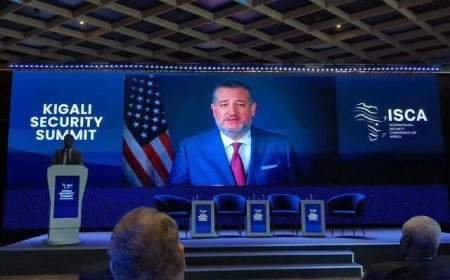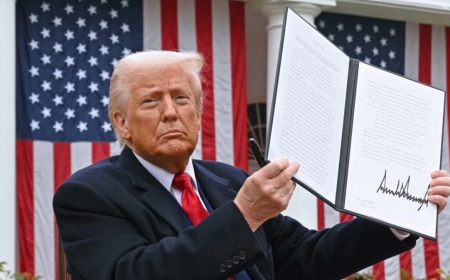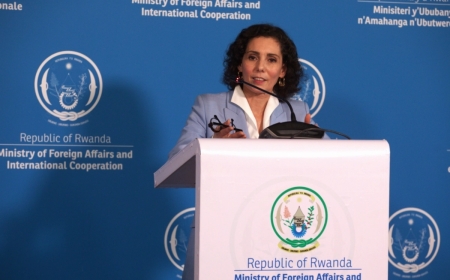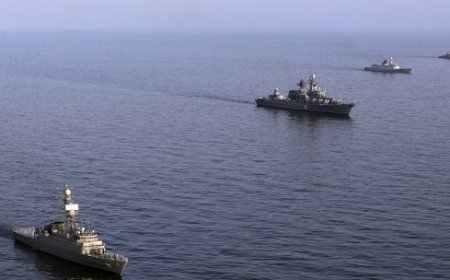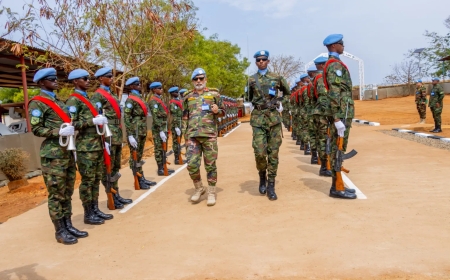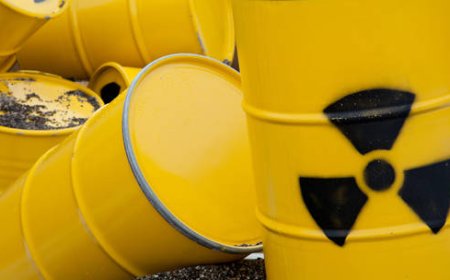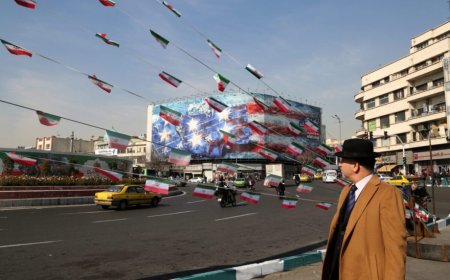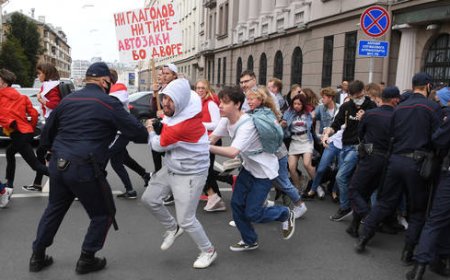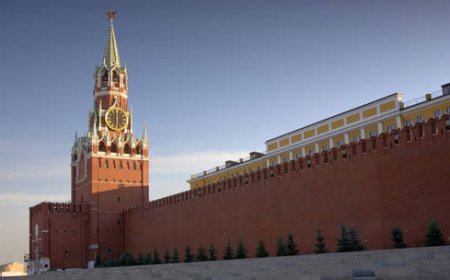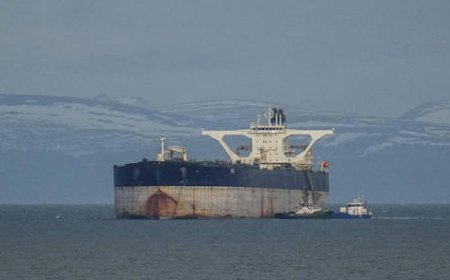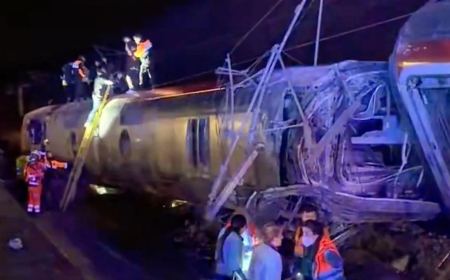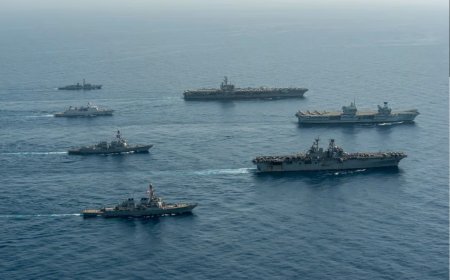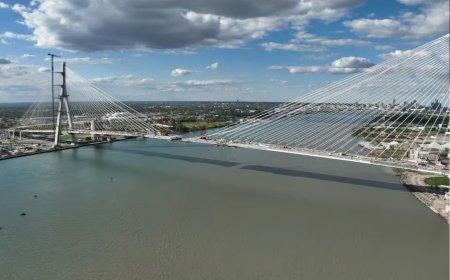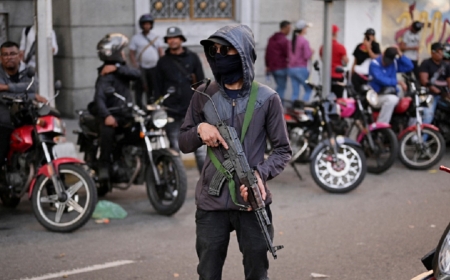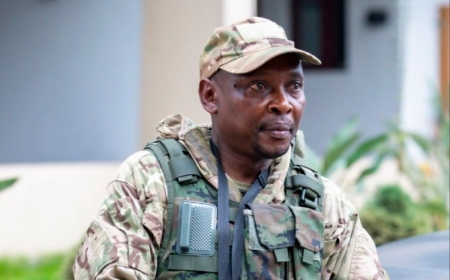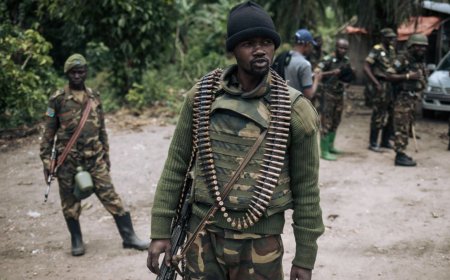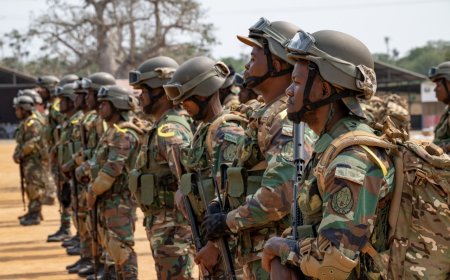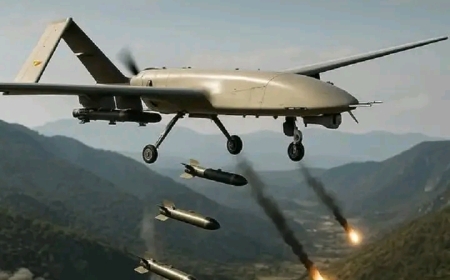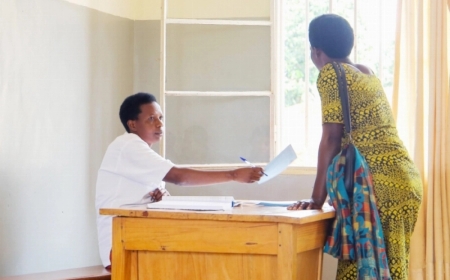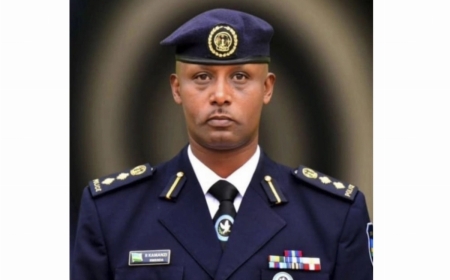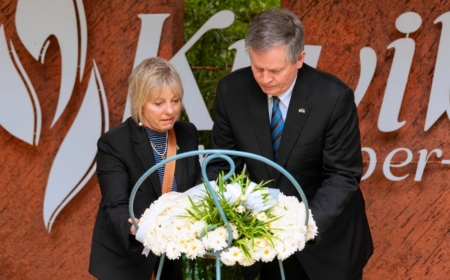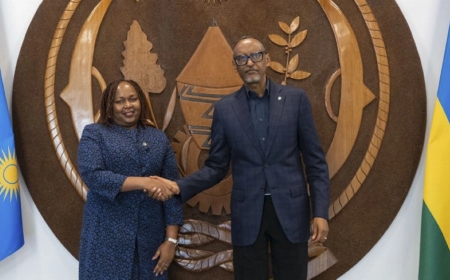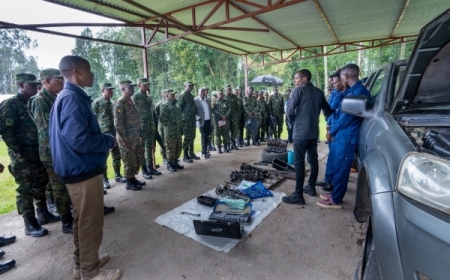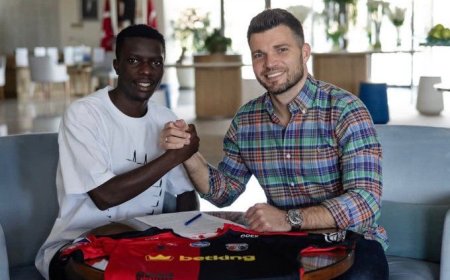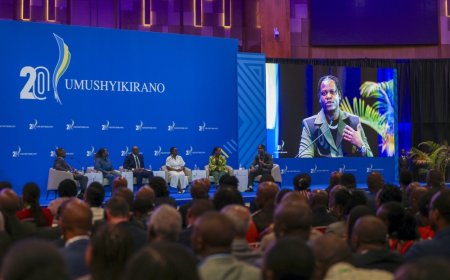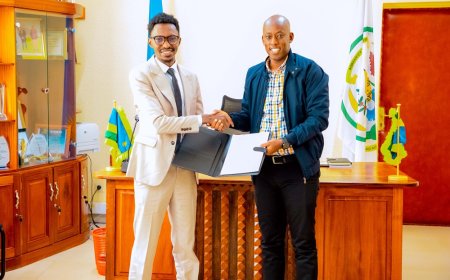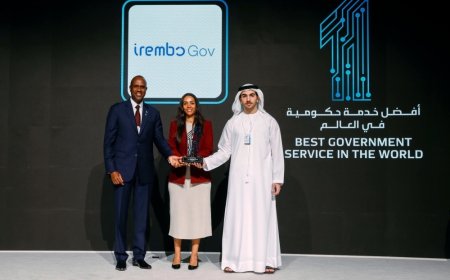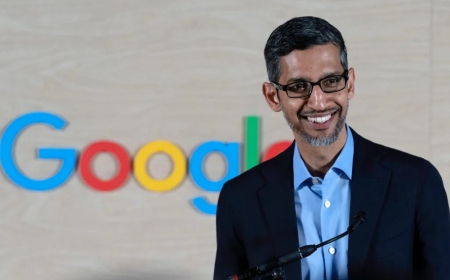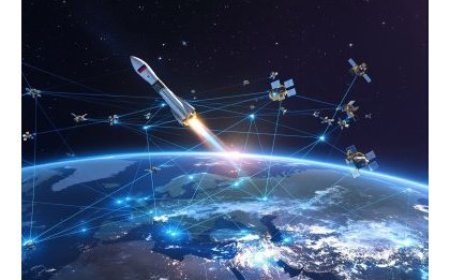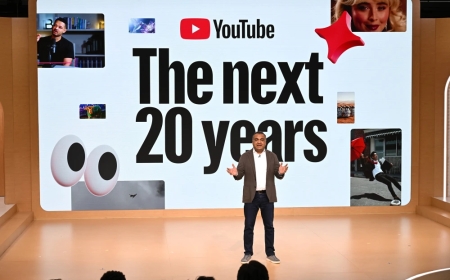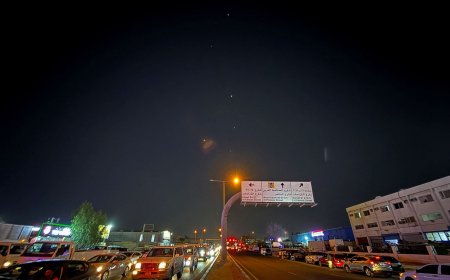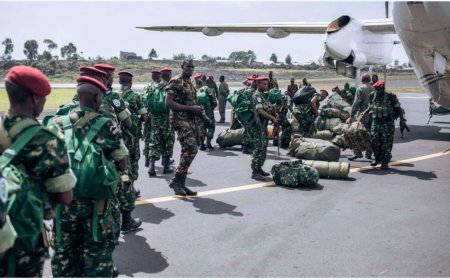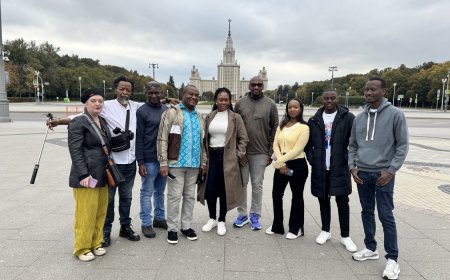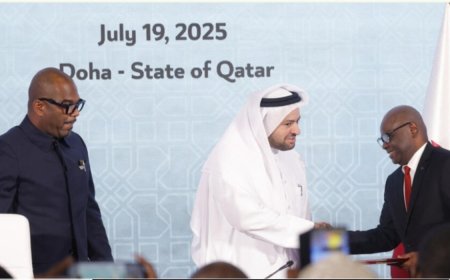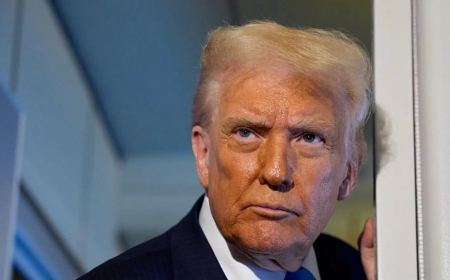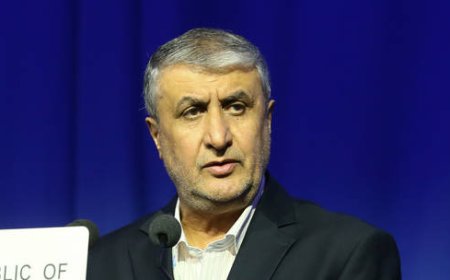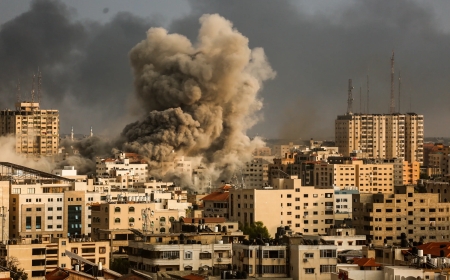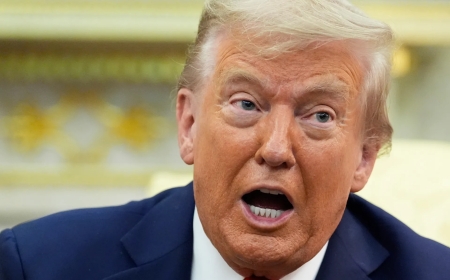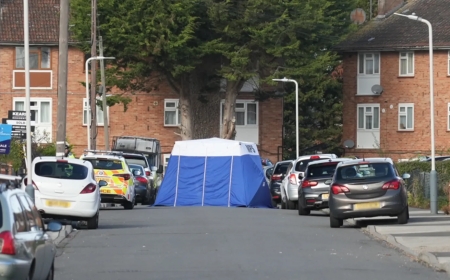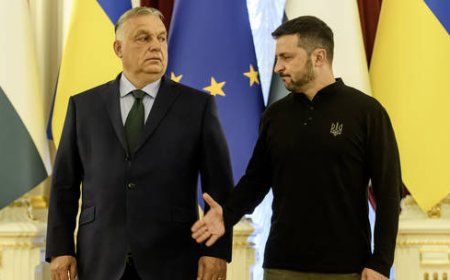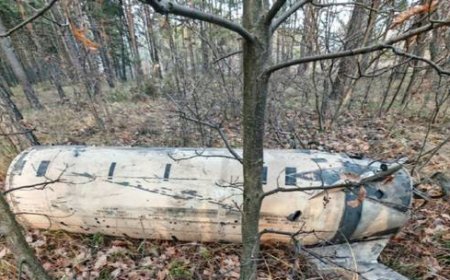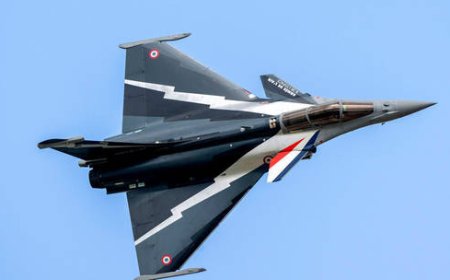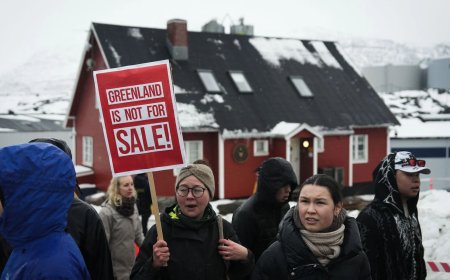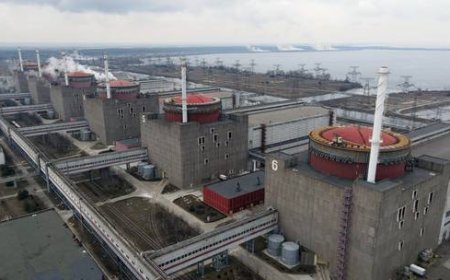Top Iranian diplomat expects ‘critical’ talks with Putin
Abbas Araghchi says “exceptional circumstances” necessitate deeper consultations between Tehran and Moscow
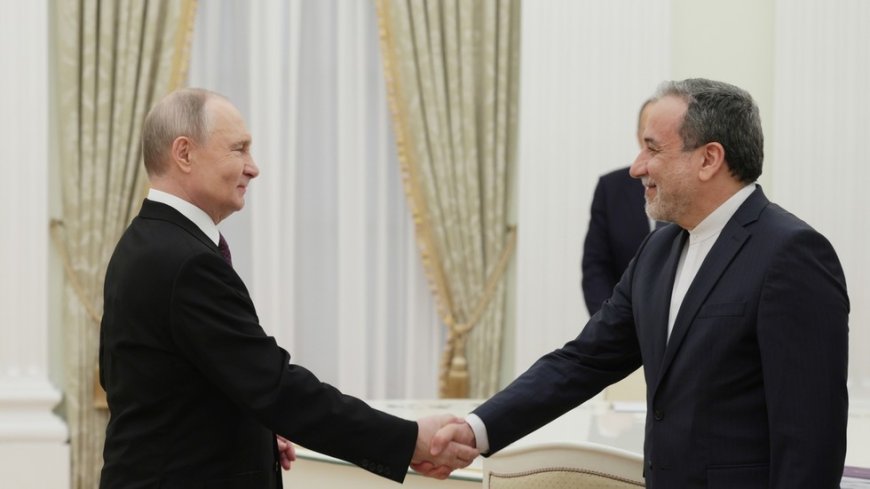
Iranian Foreign Minister Abbas Araghchi is expecting to hold a “crucial” meeting with Russian President Vladimir Putin during his pre-arranged visit to Moscow, which follows US strikes on nuclear facilities in the Islamic Republic over the weekend.
On Sunday, the United States acted to support Israel’s operation against Iran with what it described as “massive precision strikes” on nuclear facilities in Fordow, Natanz, and Esfahan.
“Given the current exceptional circumstances in the region, it is essential that Iran and Russia engage in closer, more precise, and more serious consultations,” he stated.
Naturally, our talks this time will be more serious and cover broader dimensions. We will have important and serious discussions with President Putin, and I am confident that the outcomes will benefit both countries.
The Kremlin has yet to confirm a meeting between Putin and Araghchi. Russian President Vladimir Putin has repeatedly stated that Iran has the right to use nuclear technology for peaceful purposes.
In media appearances during the St. Petersburg International Economic Forum (SPIEF) last week, he emphasized that resolving the conflict should include mutual security guarantees, protecting both Iran’s right to peaceful nuclear development and Israel’s right to security.
Araghchi described Russia as a strategic ally and said the two countries have maintained regular dialogue on regional issues. He also noted that during recent nuclear negotiations with the US, Tehran “continuously consulted with our Russian friends, sharing every step of the progress with them.”
Russia has strongly condemned the US strikes on Iran’s nuclear sites, calling them a flagrant breach of international law. In a statement on Saturday, the Russian Foreign Ministry described the attacks as “a reckless decision” and “a blatant violation of the UN Charter and relevant Security Council resolutions.”
It warned that the strikes – carried out by a permanent member of the Security Council – could have caused a nuclear disaster and had “drastically increased the likelihood of a larger conflict in the Middle East.”
Israel launched an attack on Iran on June 13, claiming it was on the brink of developing a nuclear weapon. Tehran rejected the accusation and responded with retaliatory strikes.
The attacks have been widely condemned as violations of international law. International Atomic Energy Agency Director General Rafael Grossi said on June 20 that the strikes caused “a sharp degradation in nuclear safety and security.”
